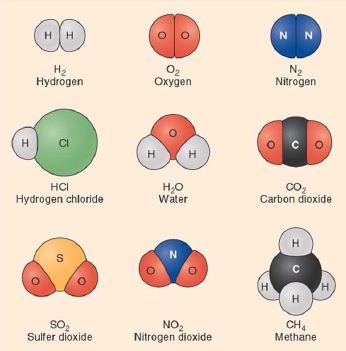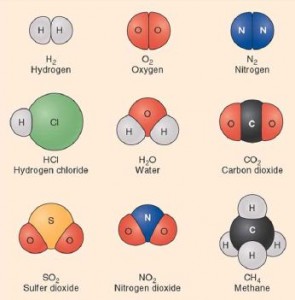Weekly Science Picks


This past week was made notable by the Nobel Prizes awarded. So much great research being done, it can make your head spin. Chinese literature took center stage, and for peace…the European Union… Be sure to catch up on all the action here.
Just some of the stories that grabbed me, motivated me and infuriated me are listed below. I think they’re worth a read; let us know what you think.
Ocean acidification is one of the topics I think people hear or read the headline and move on, not giving it a second thought. Or maybe that;s just my opinion. I think we all need to take a hard look at the amount of CO2 humans are pumping into the air. And think about how our own individual actions, in our neighborhoods, whether we live near an ocean or not, affect marine life and what the consequences of these impacts might mean.
Ocean Acidification by Liz O’Connell
Will ocean acidification spell a watery grave for vital parts of marine ecosystems? Marine ecologist Jane Lubchenco, head of the National Oceanic and Atmospheric Administration, named ocean acidification global warming’s “equally evil twin.”
Again, I may be on my Public Service Announcement soap box here, but biodiversity doesn’t receive the attention it deserves either. The section that caught my attention most was the section in the article describing ‘We have the science: policy is the next step’. I believe this concept is something that we, as communicators of science, need to be vigilant in spreading.
Explainer: what is biodiversity and why does it matter? by Steve Morton, Andy Sheppard, and Mark Lonsdale
To halt the decline in biodiversity across the continent, we must translate accumulated knowledge on biodiversity into government policy. This can be done through programs and on-the-ground management. Tough decisions need to be made about where to invest, what to manage, and which approach to take.
Climate change. Carbon capture and storage (or sequestration) is a huge topic as the world looks for ways to reduce CO2 levels, keeping greenhouse gases in check and prevent global temperatures from rising 2°C. Speaking of we have the science: policy is the next step… significant work needs to be made on this front.
Carbon capture: 130 plants need ‘to avoid dangerous climate change’ by Adam Vaughan
More than a hundred carbon capture and storage projects (CCS) musst be built to avoid dangerous global warming, an international CCS group said this week, as fears were raised over whether UK projects would benefit from an EU fund for 12 demonstration plants.
A.D.H.D. This is something we need to look at as a nation, and I’m so very curious what the experiences of other countries surrounding this issue are. We have to fix the environment. What kind of policy do we want where we dope kids up to get though to complete an education? You have to read this article to understand what I am referring to. In some instances, medication may be warranted, but I feel this doctor may be going beyond his Hippocratic Oath; especially when he doesn’t know the harm he may be doing.
It is a constant argument and debate here in the U.S. about academic performance and teacher effectiveness. We like band-aids and pills to fix problems. Who thinks this is a good idea? I don’t believe this is good for the patient without A.D.H.D. or good for society.
Attention Disorder or Not, Pills to Help in School by Alan Schwarz
“I don’t have a whole of choice,” said Dr. Anderson, a pediatrician for many poor families in Cherokee County, north of Atlanta. “We’ve decided as a society that it’s too expensive to modify the kid’s environment. So we have to modify the kid.”
 Follow
Follow